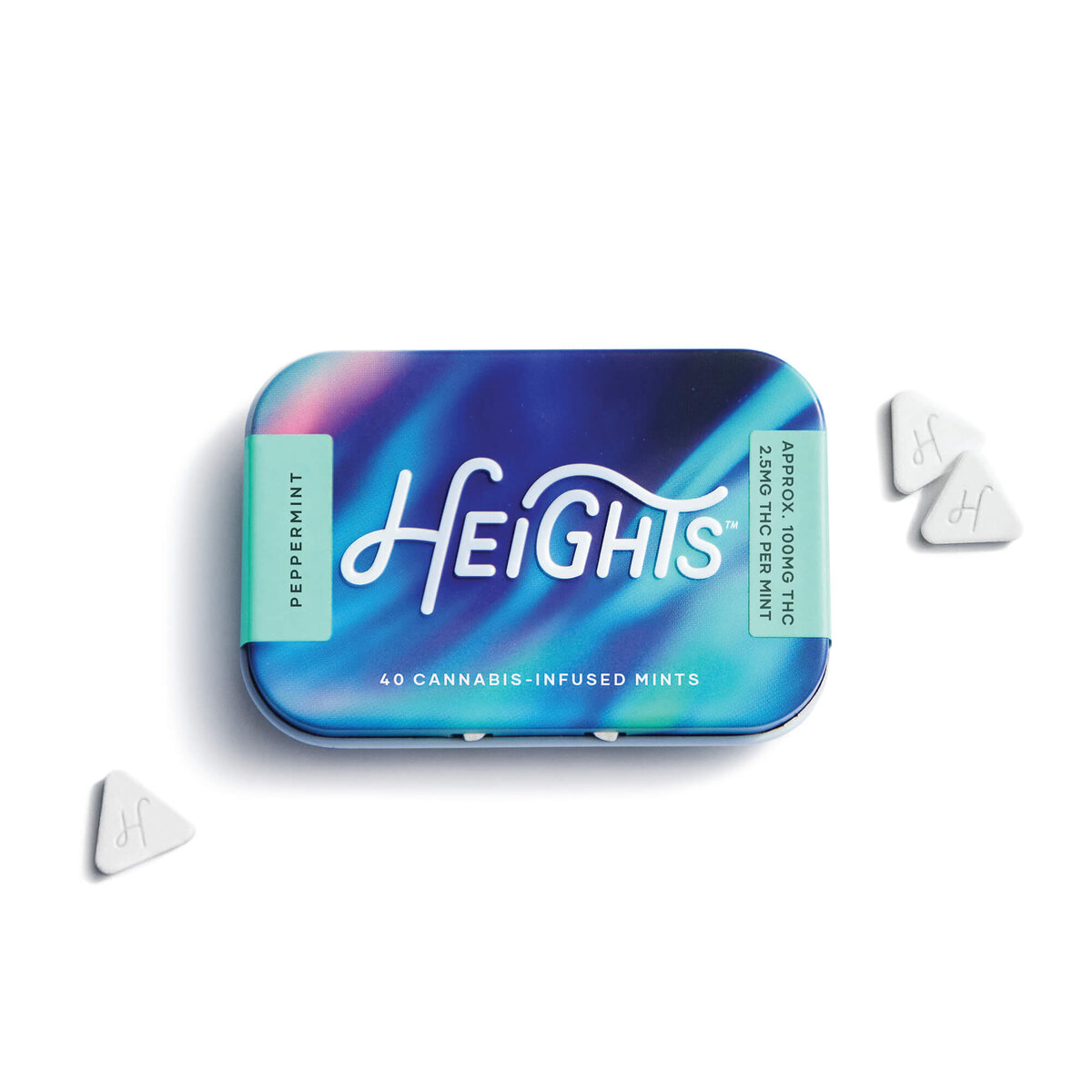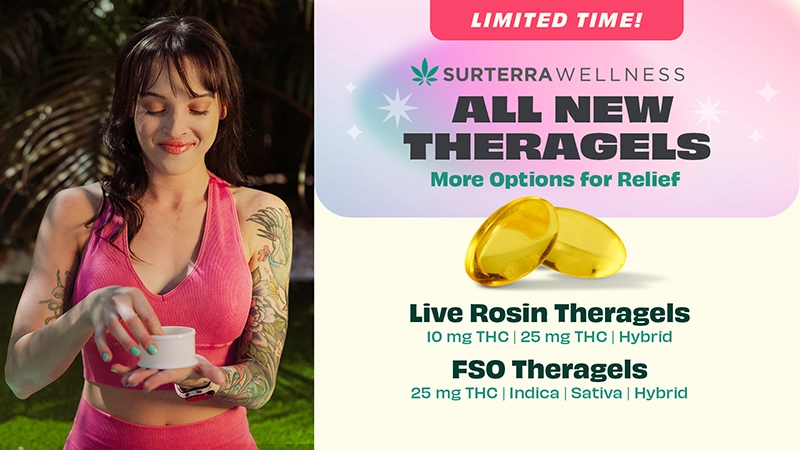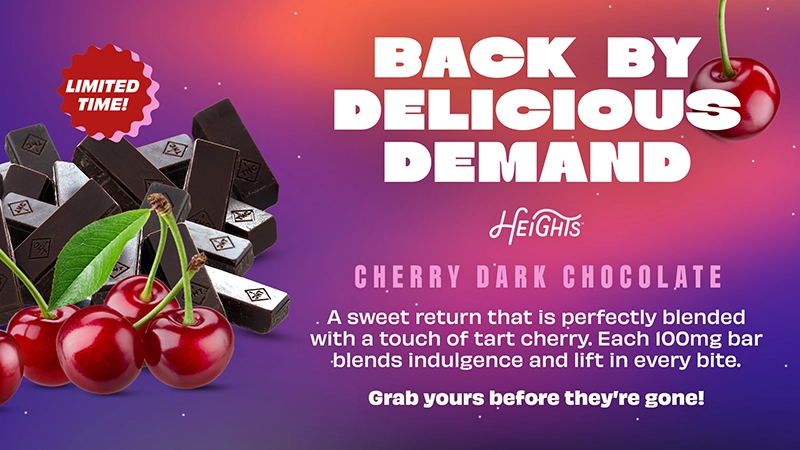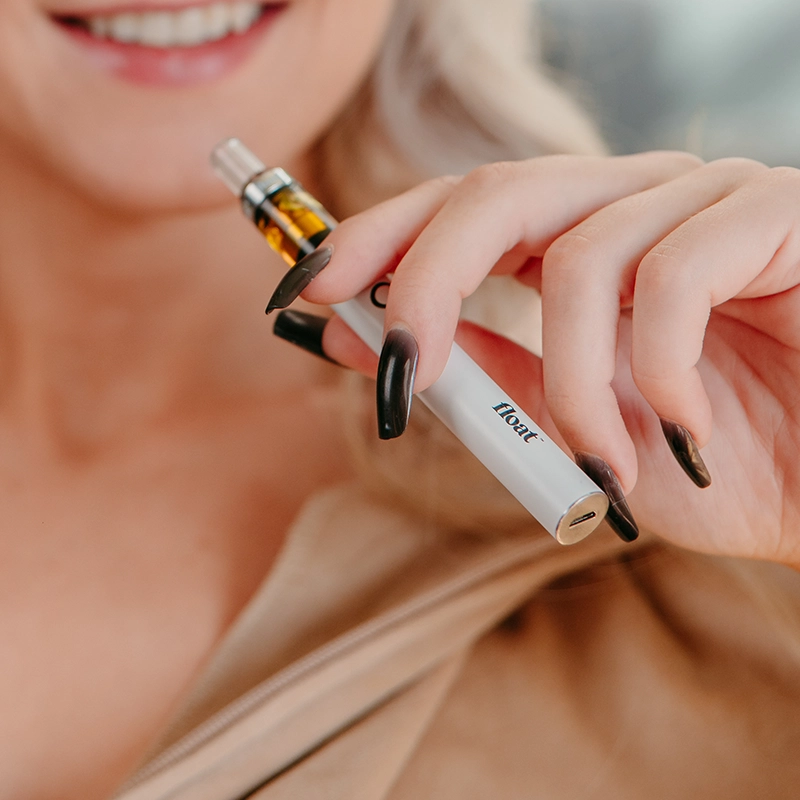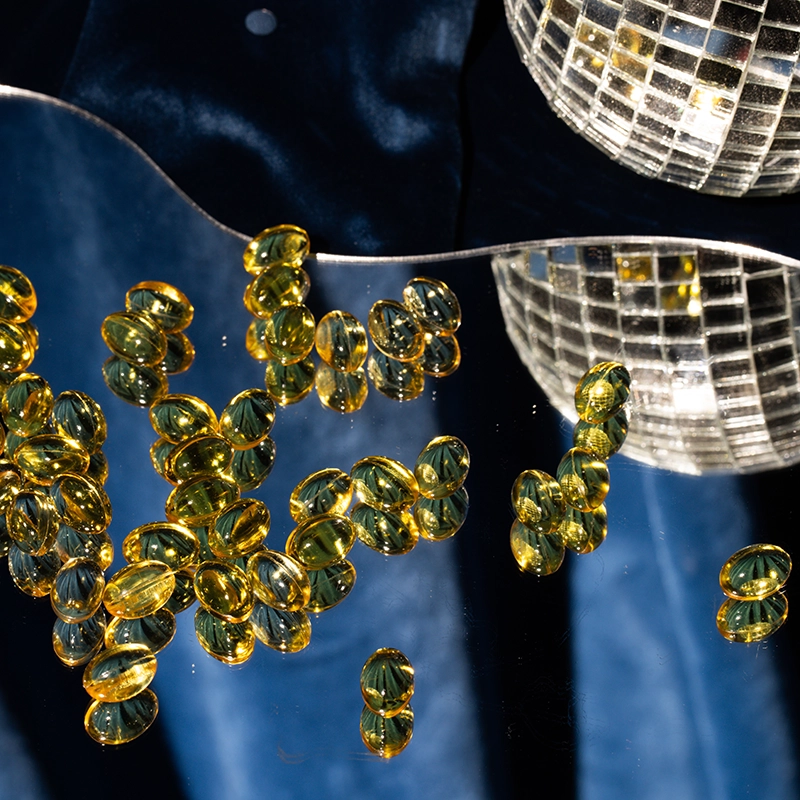Happy Earth Day! It’s the perfect day to celebrate the beauty and the power of nature—and, of course, our favorite plant. We want to take some time to share how cannabis, and in particular hemp, can help the Earth by providing sustainable alternatives to some of the major polluters like plastic and fuel. Keep reading to learn more about the surprising ways hemp can be used in our daily lives to help build a more environmentally sustainable world.
We know that humans have relied on the cannabis plant for its therapeutic purposes since the beginning of recorded history—but did you know that there are hundreds of other ways to use this wonderful plant? For as long as people have treated cannabis as medicine, they’ve also used it to make textiles, paper, fuel, building supplies, and even food. These materials are derived from species of cannabis plant that contains little to no THC, commonly known as hemp. And, thanks to recent changes in US legislation, they’re experiencing a resurgence as an eco-friendly and cost-effective alternative to many items we use every day.
When the Hemp Farming Act amendment was added to the 2018 Farm Bill, hemp was reclassified from a Schedule I controlled substance to a regular agricultural product. As a result, hemp farmers can now access to the national banking system, obtain water rights and federal agricultural grants, and insure their crops. Restrictions that essentially prevented farmers from conducting business have been lifted, so hemp products can be marketed and researched like any other crop.
Hemp legalization is wonderful for farmers, environmental sustainability and the countless people who benefit from hemp products. What many of us have forgotten, however, is that this isn’t the first time hemp has been legal in the US. Hemp was a major crop in America less than a century ago. Hemp textiles and materials were very common from 1776 until 1937. The War on Drugs propaganda resulted in a storm of disapproval and censorship for all cannabis and lead to the creation of the Marijuana Tax Act. The Marijuana Tax Act of 1937 was accompanied by rigorous law enforcement and increased rates of imprisonment. Farmers were harassed and discouraged from growing hemp. It’s no surprise the industry was completely shut down.
Even though hemp and marijuana are both derived from cannabis plants, their basic anatomy is completely different. The most notable difference in that hemp plants lack substantial amounts of THC, the cannabinoid that causes psychoactive effects. This means that hemp has absolutely no value as a recreational drug, but it’s far from worthless. The various components of the hemp plant (seeds, bark, stem core and flower) can provide tens of thousands of different products, including paper, textiles, building materials, food, nutritional supplements, paint, detergent, varnish, oil, ink and fuel. It’s a tough plant and doesn’t require large amounts of water or fertilizer. It can grow in all fifty states without any need for pesticides or herbicides.
Thanks to changes in perception and a need for environmentally sustainable businesses to emerge and reharmonize humans’ relationship with the Earth, hemp products are now legal and rapidly hitting shelves across the country.
These are just a few of the ways that the seeds and bark of the hemp plant can provide eco-friendly and human-healthy alternatives for common commodities:
Hemp Seeds
Food for Humans and Animals
Hemp seeds are high in fatty acids and amino acids, both of which are incredibly nutritional and essential to a balanced diet. They’re high in protein and provide great alternatives for vegetarians, vegans or those who are gluten-free. These products include milk, oil and flour. Hemp can even be made into tofu, veggie burgers, veggie sausages, gluten-free pasta, bread, cookies, dairy-free butter, cheese, yogurt, salad dressing and ice cream. It’s also more economical to produce and more nutritious than soybean products.
Animals can also enjoy the benefits of hemp just as much humans. The woody stem core of the hemp plant is used to make pet bedding. Pet food derived from hemp seeds is nutritious and adds a shine to any furry friend’s coat. Hemp is also a great alternative to corn as feed for livestock. It’s far more nutritious and environmentally sustainable to harvest.
Oils
Hemp seeds are a wonderful eco-friendly alternative for many oil-based products. Hemp seed oil is used to produce non-toxic candles, lanterns, paint, varnish, detergent and lubricating oil. Paint made from hemp lasts much longer than regular paint resin.
Beauty Products
Even the beauty industry is getting on board the hemp train. Many body oils and lotions are made from hemp seeds because it’s an amazing moisturizer. The high EFA content aids in the regeneration of cracked and dry skin.
Bark Fiber
Clothing
The fashion industry is one of the top polluting industries in the world. Hemp is an environmentally sustainable alternative to textiles like nylon or cotton. Fiber made from hemp bark is incredibly durable. It’s used to make a wide range of different textiles, from jeans to athletic wear to lingerie. Even high-end brands such as Ralph Lauren, Armani and Calvin Klein put hemp fibers in their clothing. Clothes made using hemp materials are softer and last much longer than clothes made from traditional fabrics like cotton.
Construction Materials
Homes made with hemp-derived materials have a stronger resistance to harsh weather conditions and incur less damage, allowing them to last much longer than homes built with standard materials. Cement is made from the core fibers of the hemp plant. Hemp bark fibers are used to produce fiberboard that is more durable and lightweight than wood. Using hemp fiberboard as a substitute for timber reduces deforestation, thereby saving countless trees and protecting essential wildlife ecosystems. Harvesting hemp also eliminates erosion due to logging. Erosion is a major environmental concern because it causes topsoil runoff to infiltrate and pollute waterways. And while it takes years for trees to mature for harvest, hemp is ready for harvest in just a few months.
Paper
Hemp fibers are used to make all kinds of paper products, from toilet paper to cardboard. Hemp paper is of superior quality than tree-based paper, and can last for thousands of years without degrading. Historians have even discovered hemp parchment dating back to 2nd century BC China. Hemp-based paper can be produced without the toxic chemicals used to manufacture tree-based paper, and one acre of hemp yields as much paper as two-to-four acres of trees.
Plastic Alternative
Petroleum-based plastic waste is a major global environmental concern. Microplastics in our food and water are also a major global health concern. The bottom line: we need to reduce our plastic production and consumption, and start using plastic alternatives. And yep, you guessed it—hemp can be used to produce the same products that are made from plastic without the toxins and waste concerns. Hemp products are biodegradable, which can potentially reduce the size of landfills and amount of waste in the ocean.
Whole Plant
Fuel
Fuel made from hemp is far more versatile and environmentally friendly than just about any other source. The petroleum industry has started to embrace hemp as a clean-burning alternative to traditional fuel. Hemp can provide two types of fuel: biodiesel and ethanol/methanol. Hemp biodiesel is made of hemp seed oil and the ethanol/methanol is made from the fermented plant stalk. Hemp biodiesel is safe to handle, can be used in any conventional motorized vehicle and has already been proven successful with over twenty years of use in Europe.
A conversion to hemp as a renewable fuel source would do wonders to help restore the planet’s health by protecting biodiversity, preventing senseless fracking and stabilizing climate change by reducing air pollution. Hemp biodiesel is carbon neutral due to its low emissions production compared to fossil fuels (20% less) and hemp trees’ ability to recycle carbon dioxide at a much faster rate than regular trees.
These are just a few eco-friendly, sustainable uses for hemp and we’re just beginning to understand it’s versatility. Hopefully, the 2018 Farm Bill will make these products more attainable for Americans.
.svg)





.jpg)




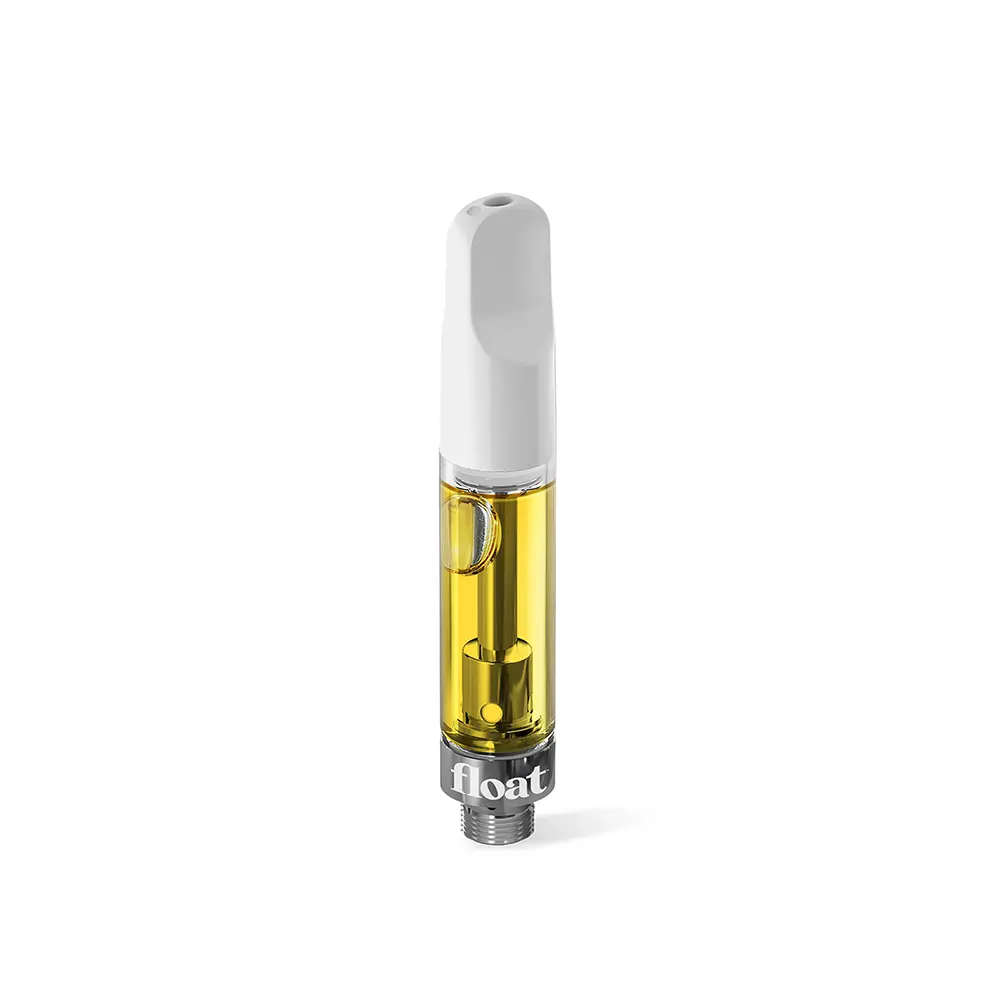
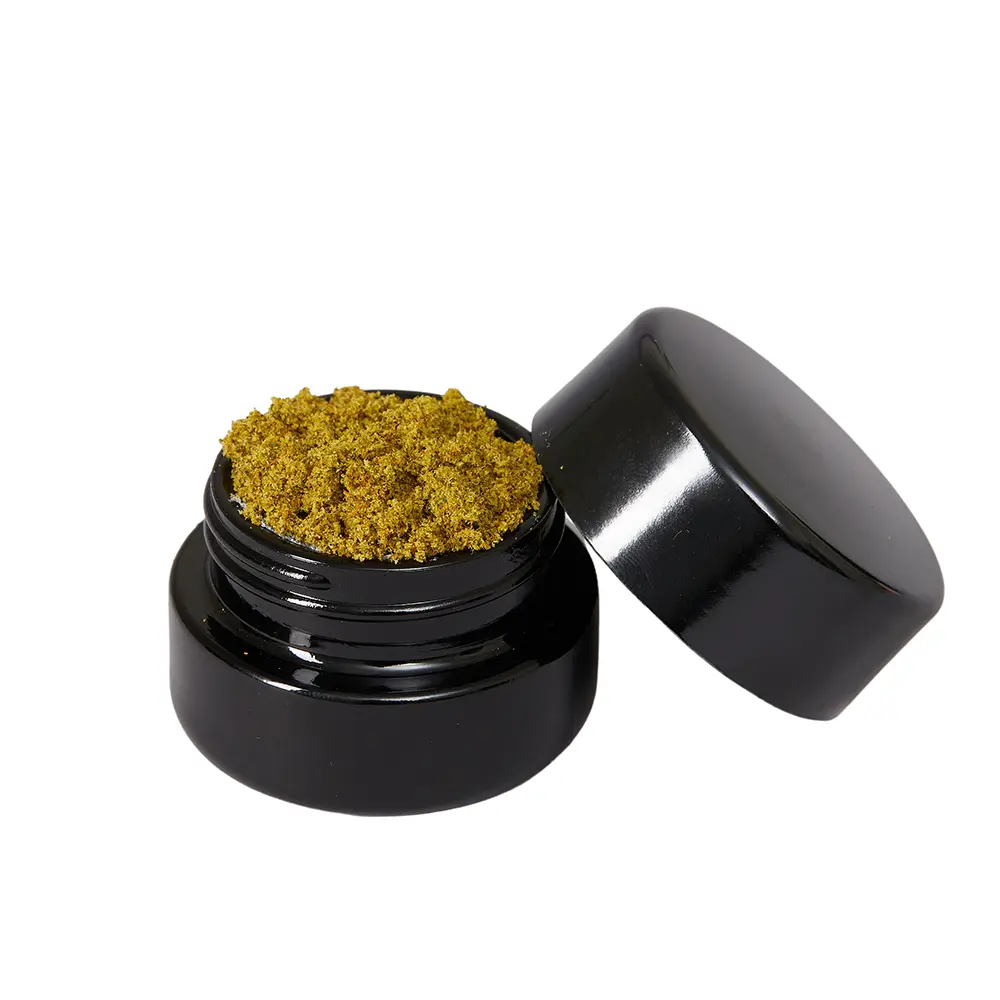
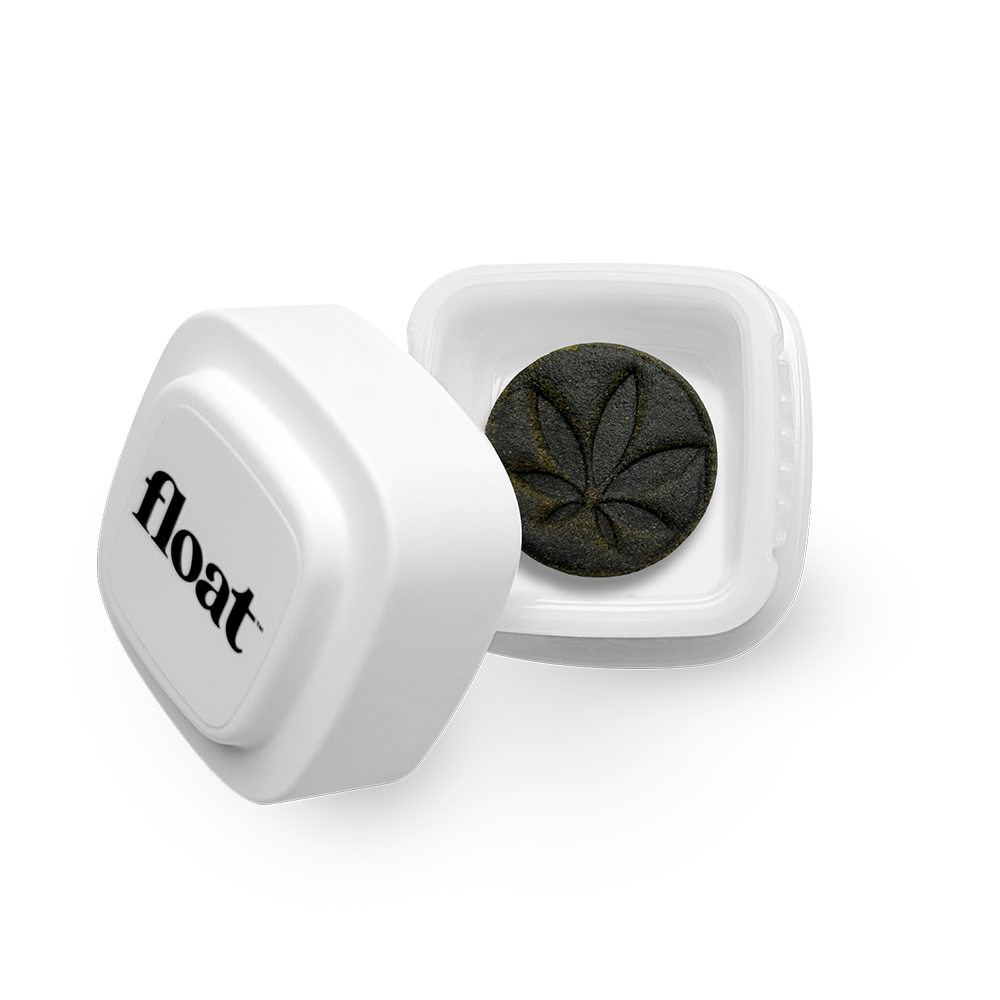

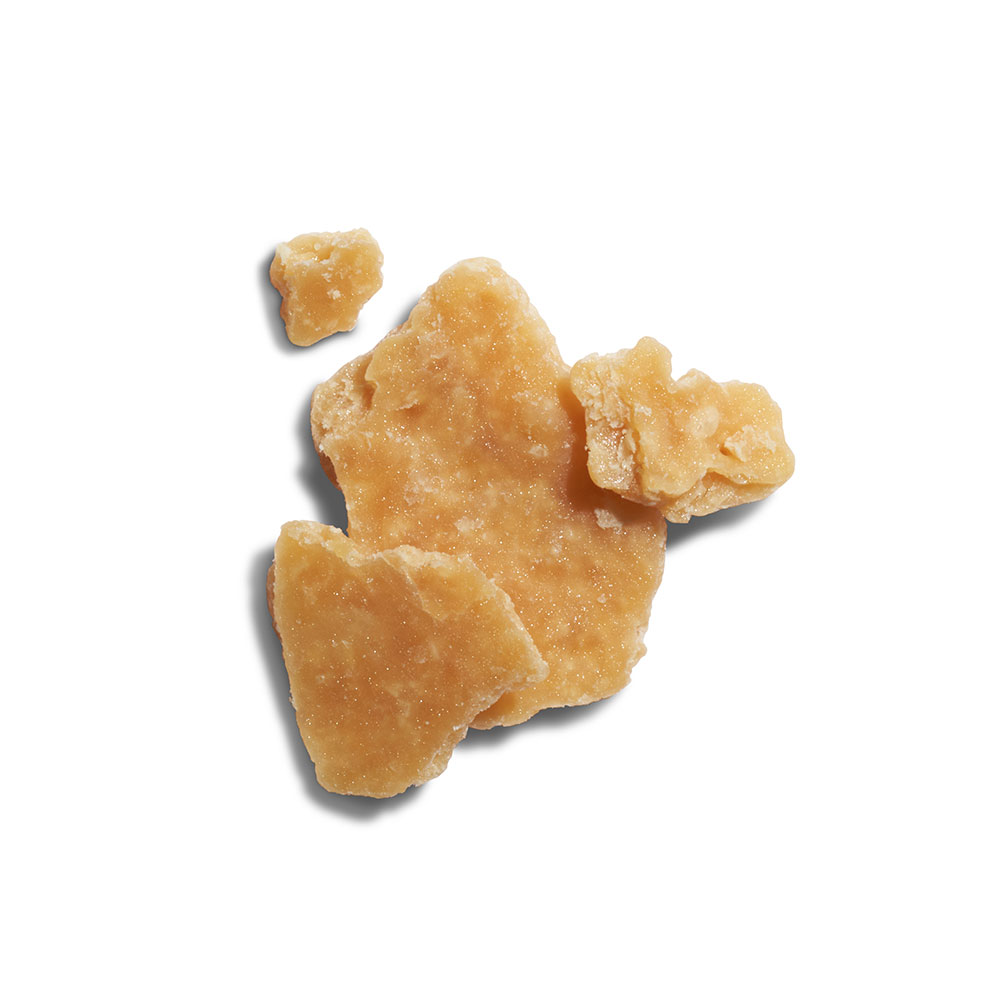
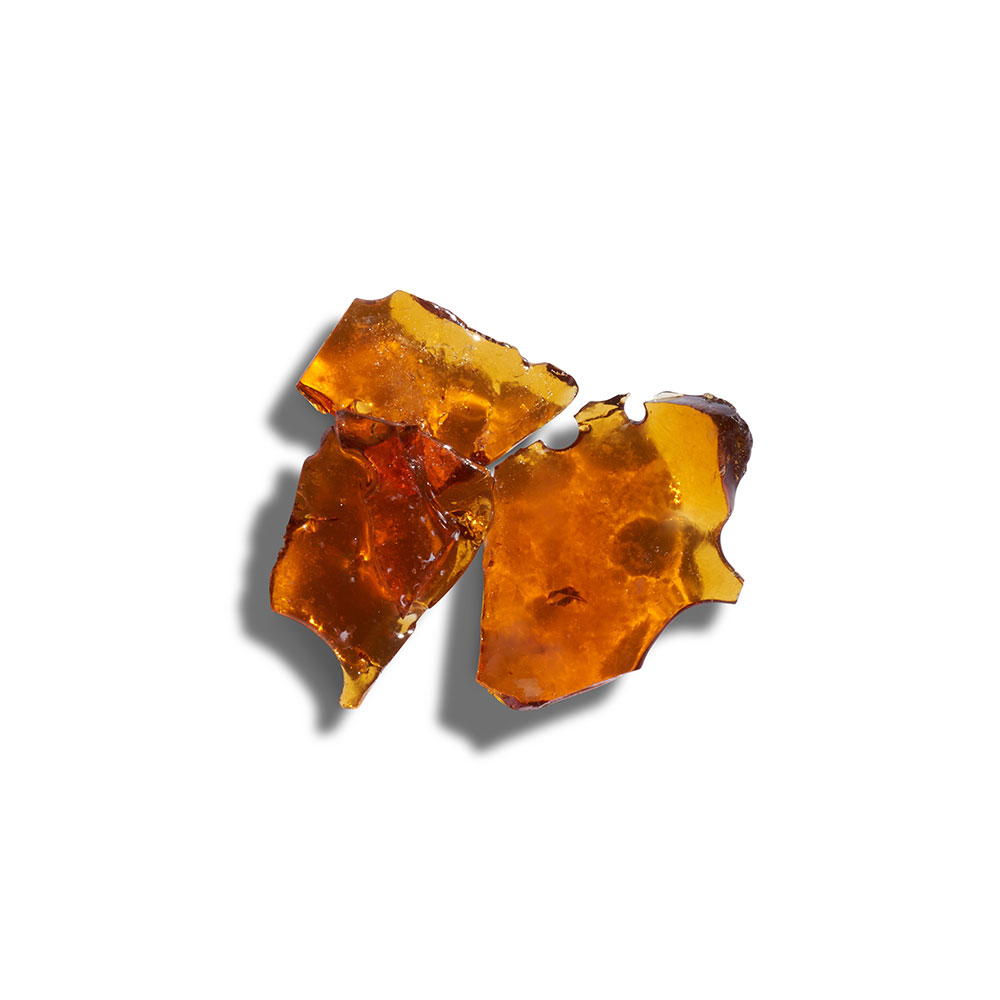
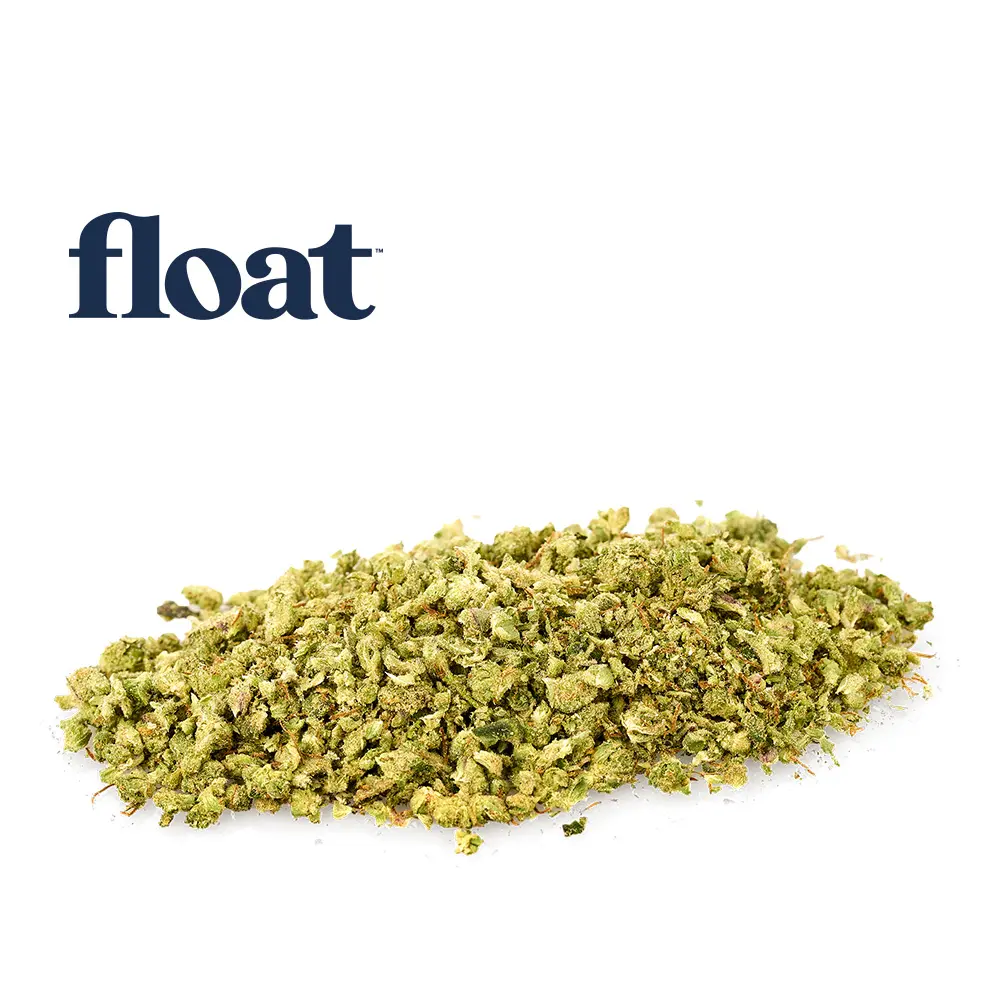
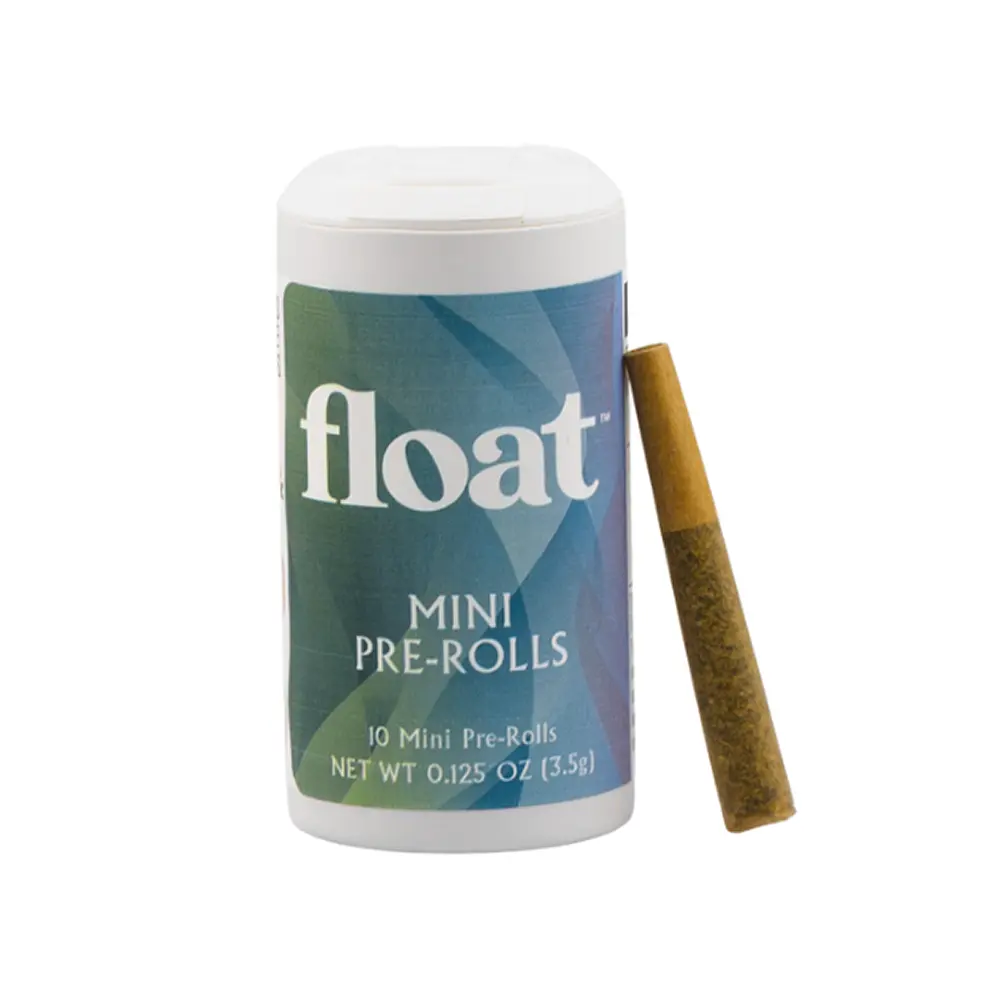
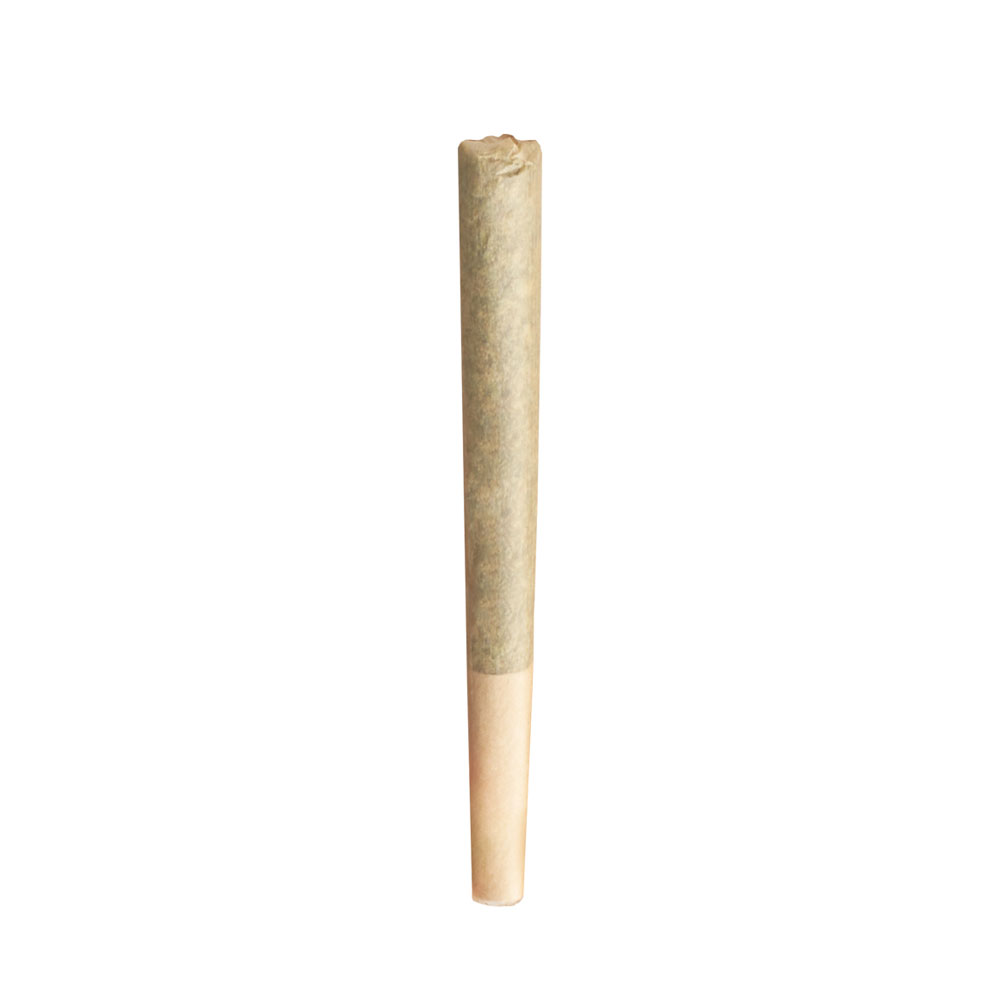
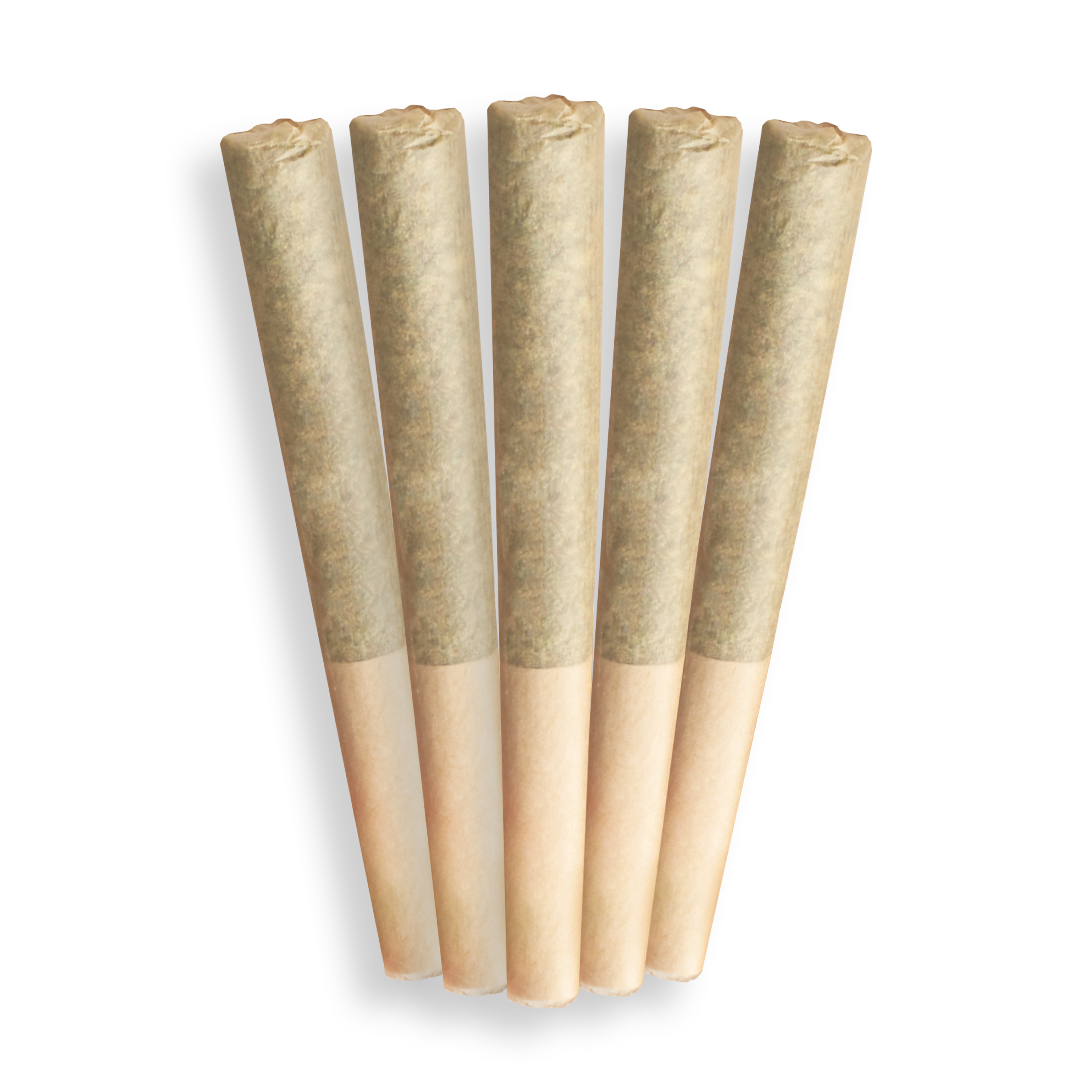
.webp)
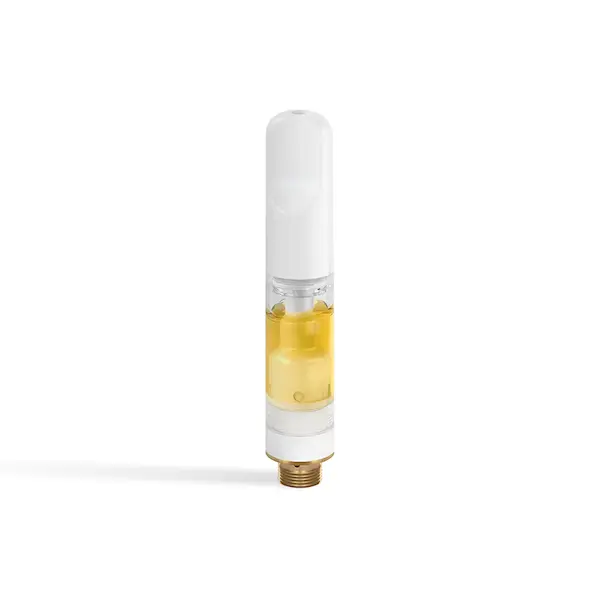
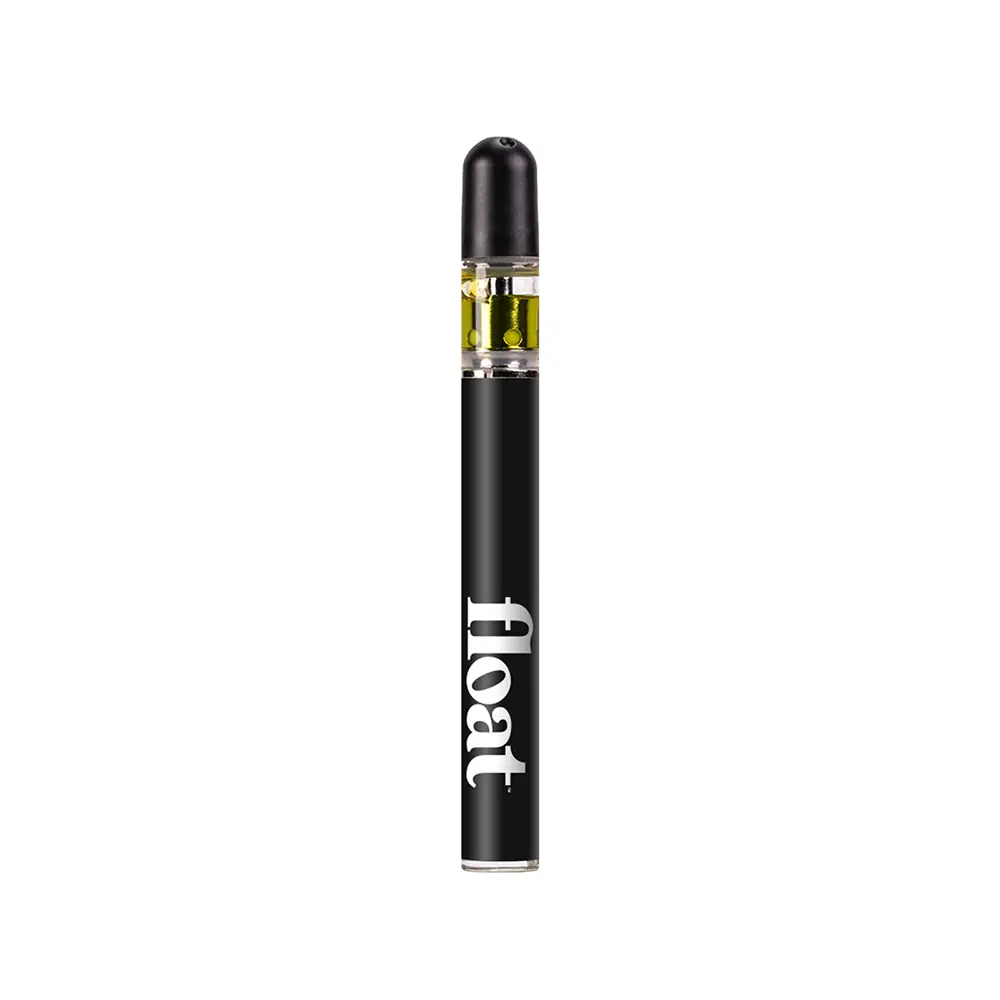
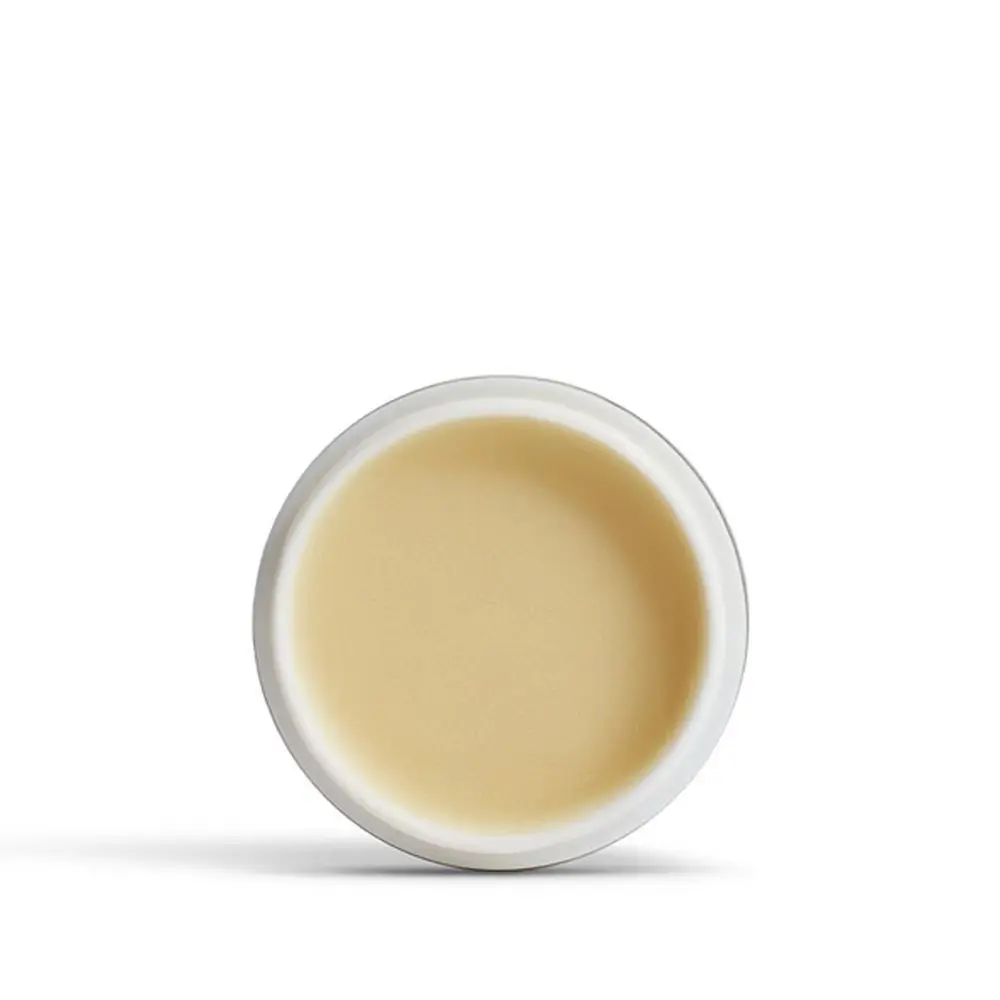
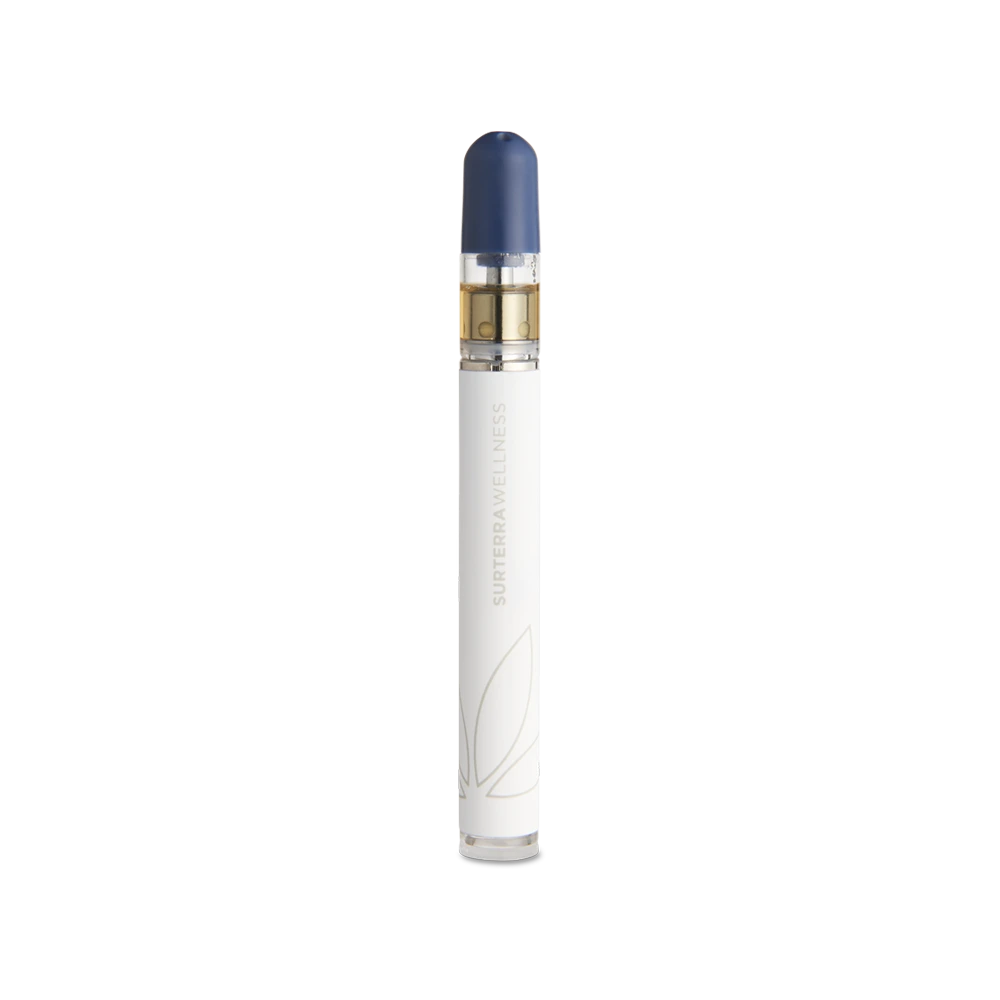
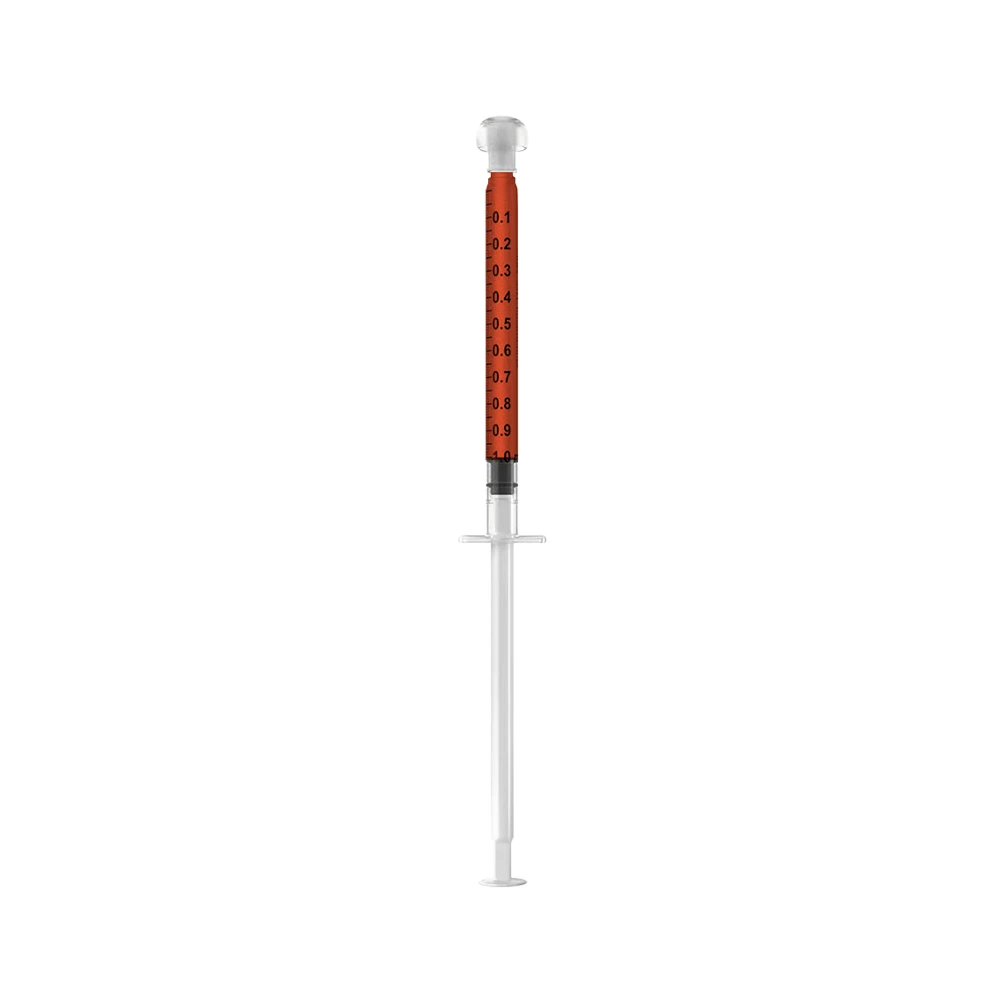

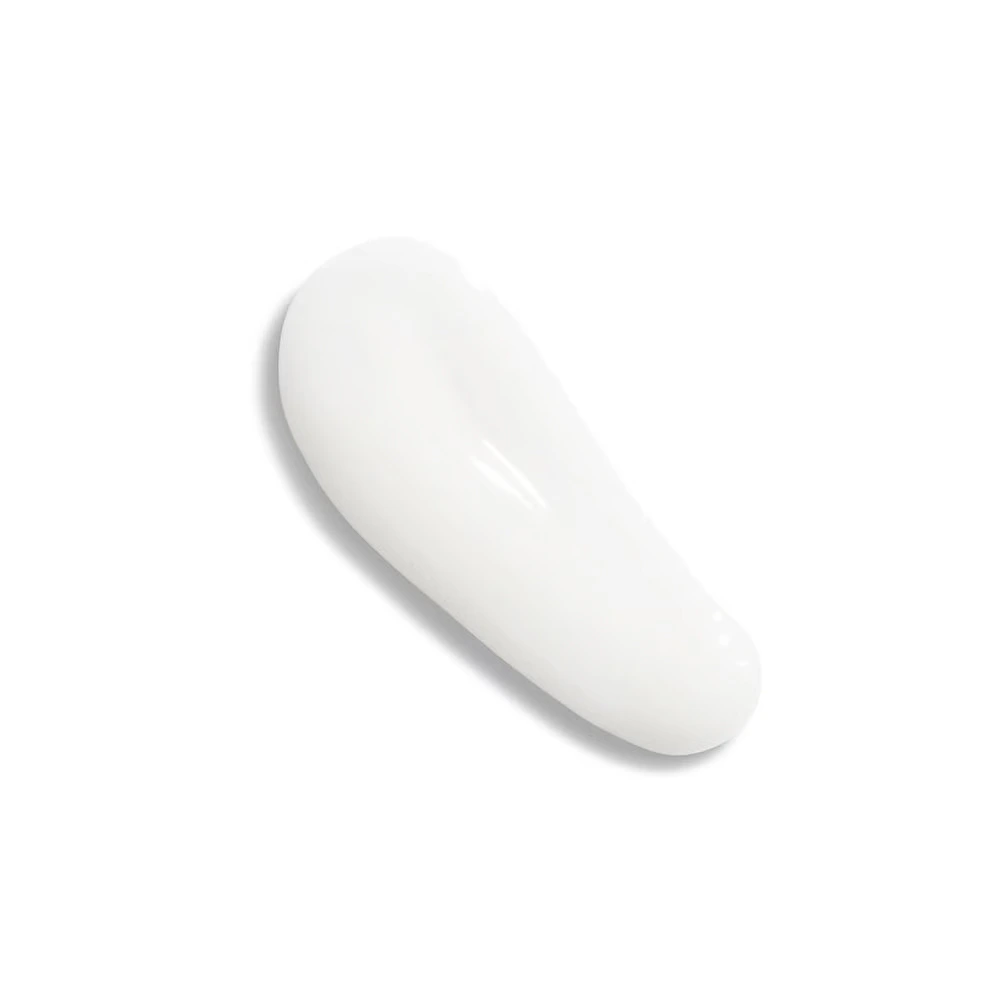
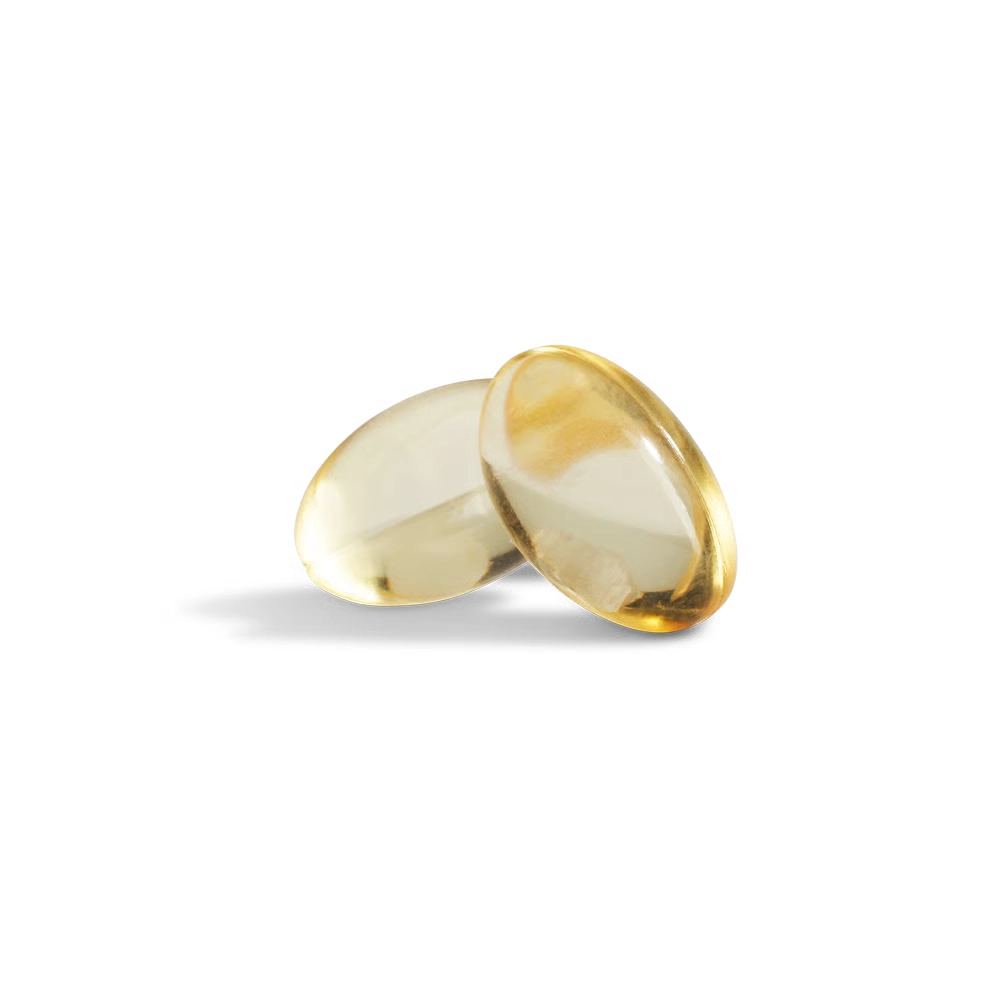
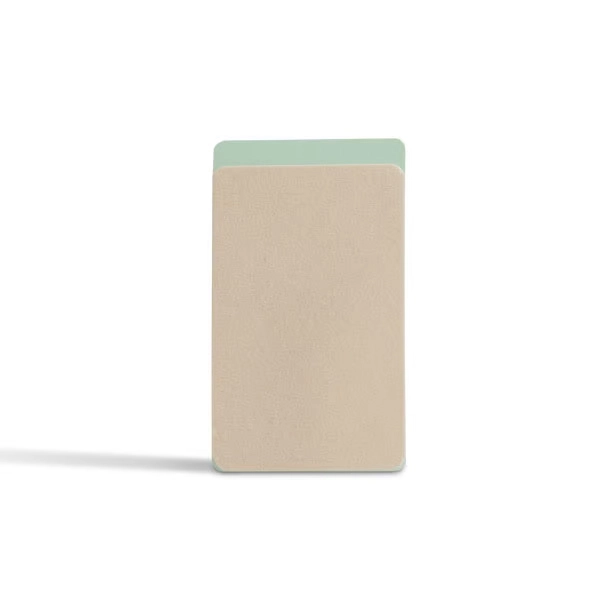
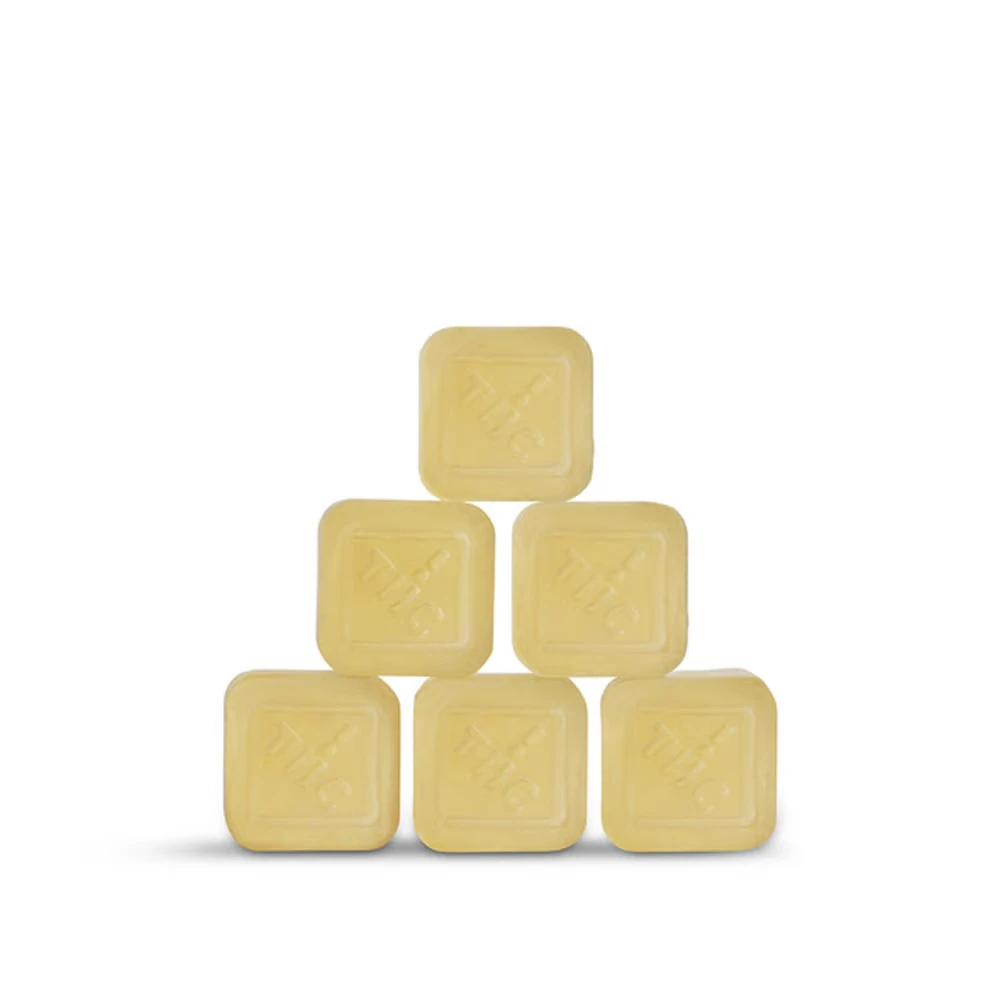
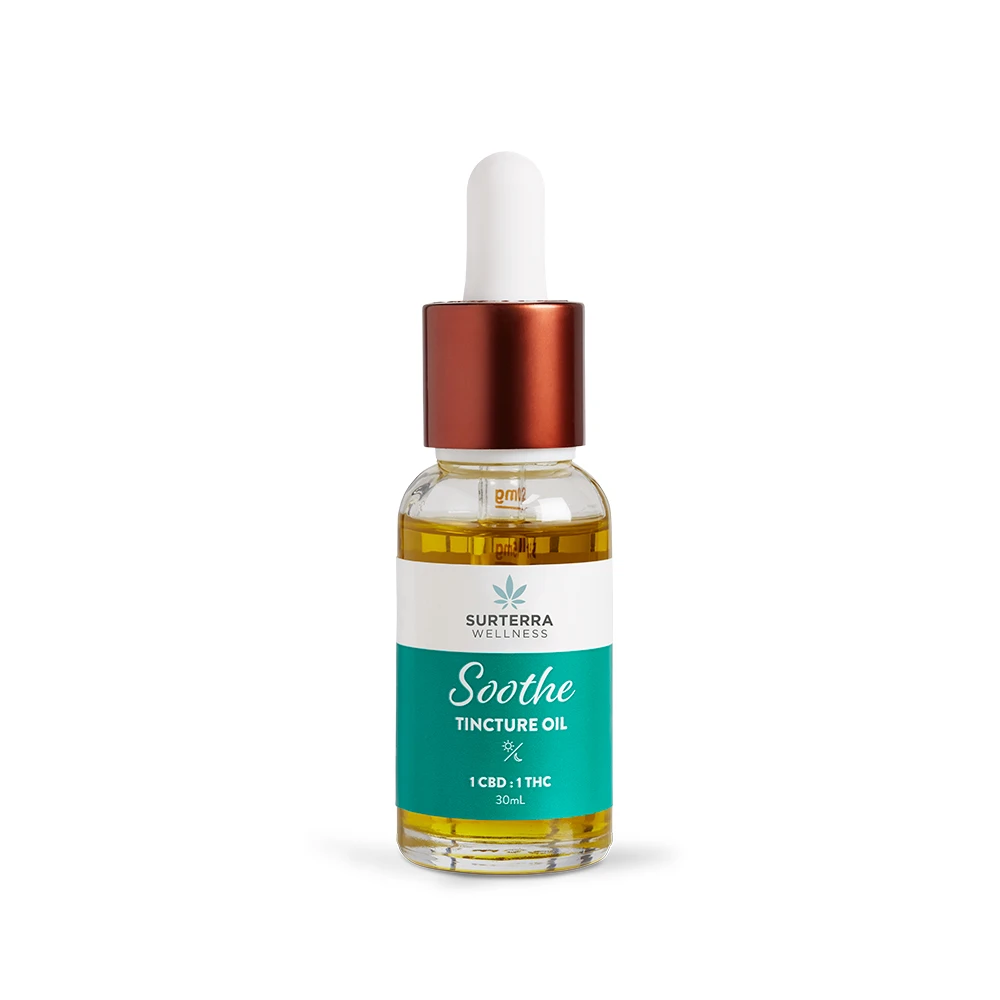
.webp)

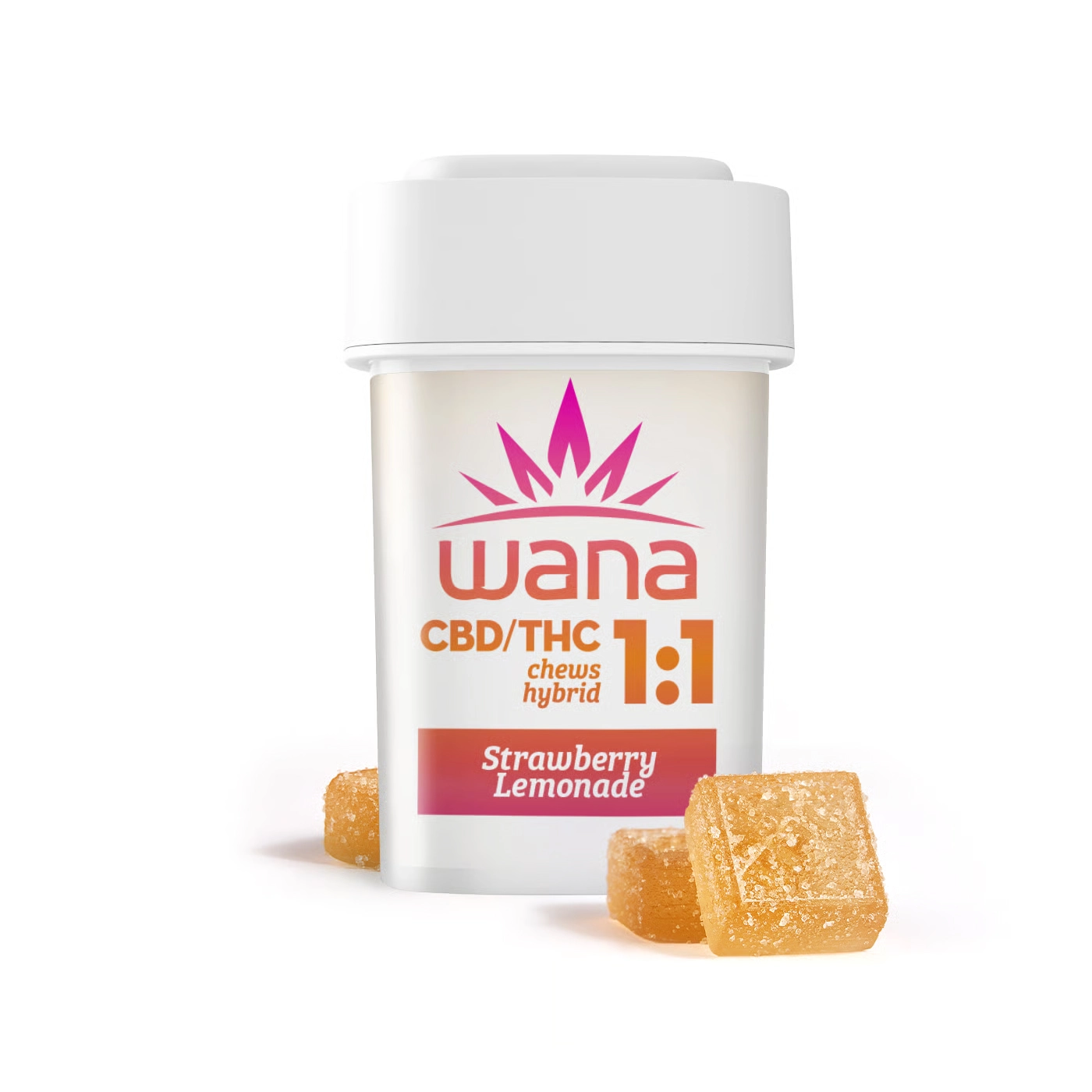


.webp)
.webp)
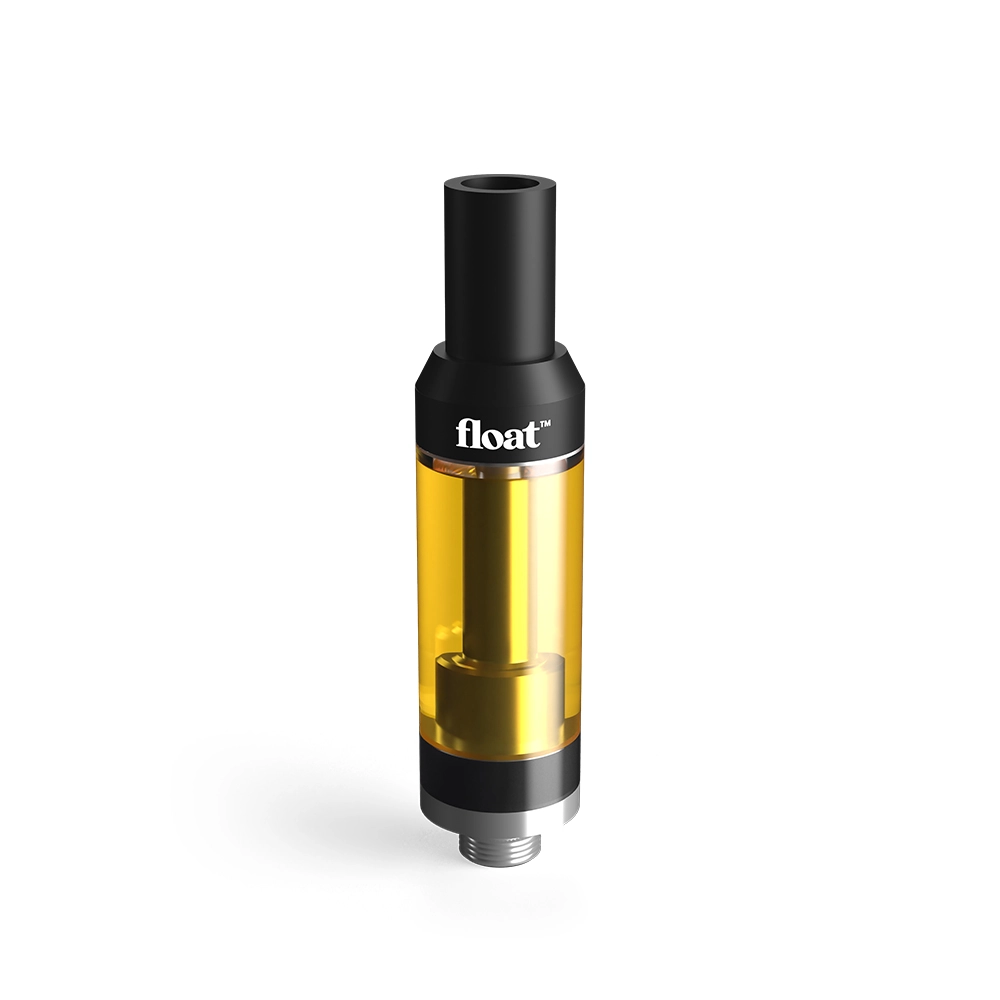
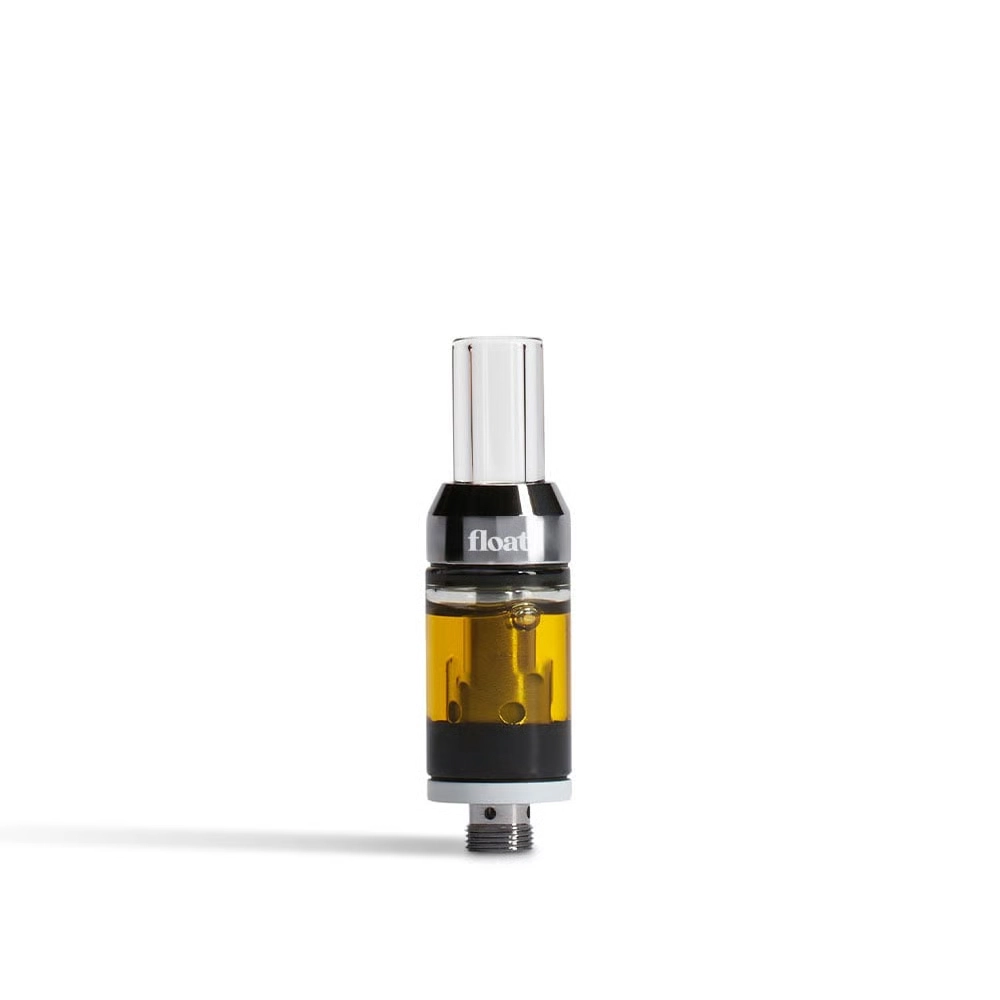

.jpeg)
.webp)

